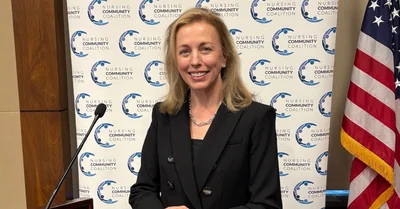Michael S. Regan, EPA Administrator | https://en.wikipedia.org/
The U.S. Environmental Protection Agency (EPA) has announced the re-issuance of wastewater discharge permits for several southeast Alaska communities, including Haines, Sitka, Skagway, and Wrangell. These permits require significant reductions in bacteria levels from sewage discharges into local marine waters. Permits for Peterburg and Ketchikan are expected to be reissued in early 2025.
Current wastewater discharges from these facilities contain high levels of fecal coliform and enterococcus bacteria due to inconsistent disinfection processes. The EPA has been issuing permits under Section 301(h) of the Clean Water Act since the 1980s, allowing certain Alaska communities to bypass "secondary" treatment requirements applicable to most U.S. communities.
The waiver is permissible only for specific facilities discharging into oceans or saline estuaries and must adhere to state and federal water quality standards while protecting human health and the environment. Following Alaska's revision of its water quality standards for bacteria in 2017, it became necessary for renewed EPA permits to mandate disinfection processes that meet updated standards aimed at safeguarding marine waters for recreational and subsistence purposes.

Michael S. Regan Administrator at U.S. Environmental Protection Agency
| Official website
The state has imposed a condition requiring compliance with these new standards within five years as part of permit concurrence. Implementing new bacteria limitations will necessitate capital investments for disinfection measures. To support these upgrades, the EPA funds the Clean Water State Revolving Fund, administered by the state, offering low-interest loans to communities seeking facility improvements.





